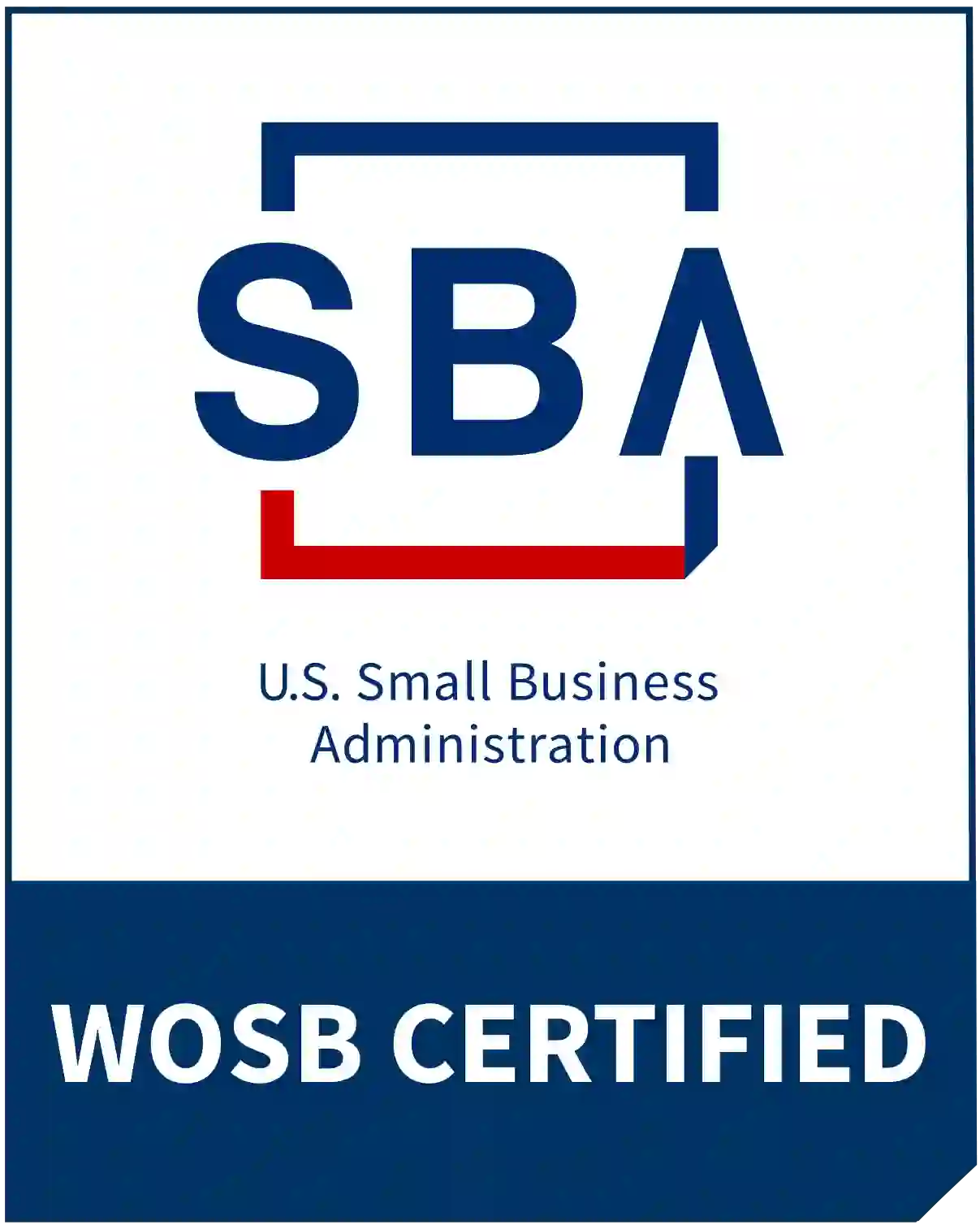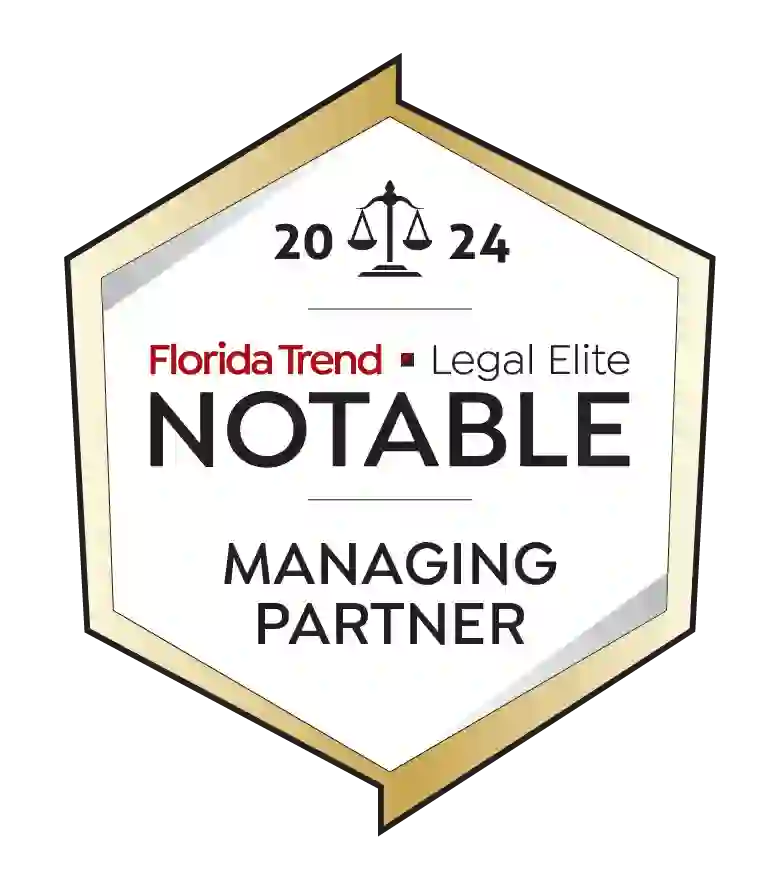When someone dies, their heirs and loved ones might not have access to their property immediately. Many assets must go through probate before they can be distributed to a deceased person’s heirs.
Summary probate administration in Florida is a simplified process that can distribute property more quickly, and it is less expensive than formal administration. However, an estate must meet specific requirements to qualify for it.
Speak with an experienced probate attorney when a loved one dies, and we can evaluate whether the decedent’s estate qualifies for summary administration. If so, we can guide you through the process from beginning to end.
Qualifying for Summary Administration
The property and debts someone leaves when they die is called their estate. Florida Statute § 735.201 describes how an estate can qualify for the summary probate administration process.
When the deceased person (decedent) has been dead for more than two years, summary administration is available regardless of the value of the decedent’s estate. When the death is more recent, summary administration is available in Florida only when the value of the probate estate is less than $75,000. That might seem to disqualify the heirs of a middle- or higher-income person from using this process, but many assets in the decedent’s estate might not count toward the value of the probate estate.
Determining What Property Is in the Probate Estate
The probate estate is property that the decedent owned solely in their own name. Any bank accounts or property they owned jointly with someone else pass directly to the co-owner upon the decedent’s death and does not count toward the value of the probate estate. Property held in trust is also not part of the probate estate, nor is any property with a named beneficiary, like life insurance and tax-advantaged retirement accounts.
The Homestead Exemption
Florida also exempts the family home from the probate estate when the decedent left a surviving spouse or child. Some or all the value of the home will be exempt, but in some cases, the value of part of the property might count toward the probate estate. A Florida attorney can help a family determine whether any part of the decedent’s residence and surrounding property must be counted toward the value of their probate estate under summary administration.
How Summary Administration Works
A family member or other interested party must petition the probate court to open summary probate administration and must show that the estate qualifies for it. The petition must either note that the decedent’s death was more than two years ago or list the decedent’s property and debts to show that probate estate is worth less than $75,000.
When the decedent had debts, the petition must show that there is enough cash in the estate to pay them. If the estate must sell property to cover the decedent’s debts, the estate must go through formal probate administration.
At this point, the court will hold a hearing to verify that the estate is eligible for summary administration. The judge will appoint someone—usually a family member—to pay the decedent’s debts and distribute the rest of the estate’s assets. This person must keep detailed records to submit to the court when their work is complete.
One Of Our Relevant Testimonials
Contact a Florida Attorney Today for Help with Summary Probate Administration
When you are grieving, the stress of handling your loved one’s estate can be overwhelming. We can offer sound advice and make sure you know what to expect.
The attorneys at The Florida Probate & Family Law Firm can provide the guidance you need. If you believe your loved one’s estate qualifies for summary probate administration in Florida, get in touch right away. We offer free case evaluations, so there is no reason for delay.





























